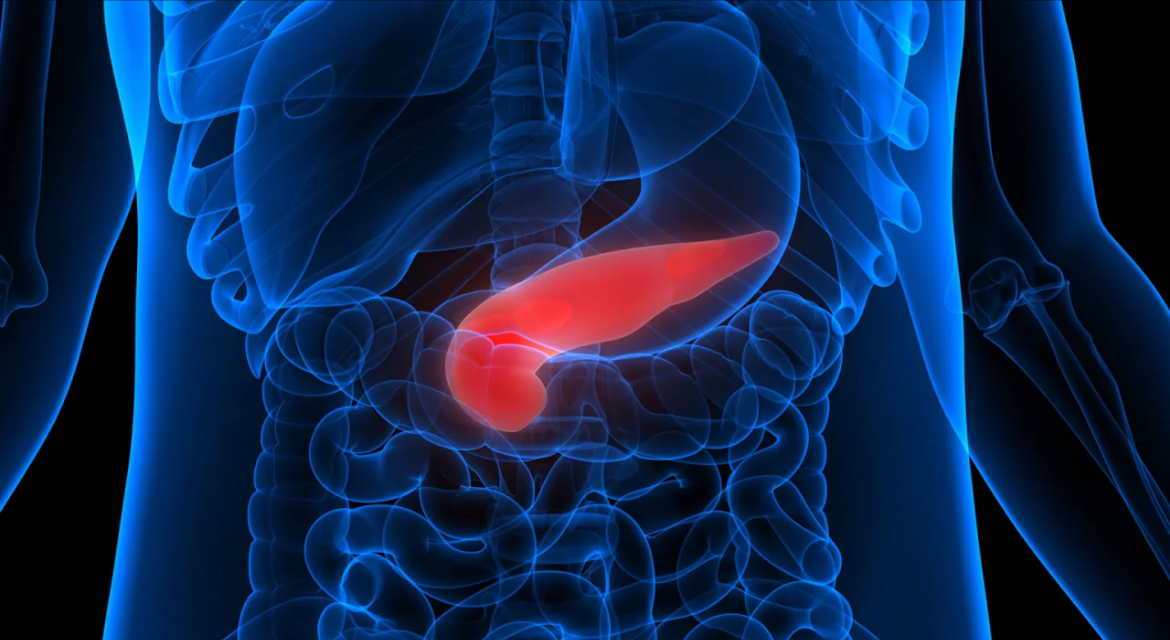Monica Bertagnolli shared on LinkedIn:
“A pancreatic cancer diagnosis is frightening. NIH-funded research may offer new hope; researchers have detailed the workings of KRAS, a key cancer-causing gene, which could help tailor treatments..
Cancer arises when changes in genes that normally control cell division lead to unchecked growth at the expense of healthy tissues. One of the most common genetic alterations across human cancers—occurring in 95% of pancreatic cancers but also many non-small cell lung cancers, colorectal cancers, and others—is in a gene known as KRAS. While promising new treatments targeting KRAS to shrink cancerous tumors have recently gained approval, less than 40% of pancreatic cancers respond to treatment with KRAS inhibitors for reasons that aren’t well understood.
There’s much more to learn about how KRAS spurs cancer growth—and how KRAS-mutant cancers resist treatment with existing KRAS inhibitors. To address this need, researchers behind two studies in Science have established the most comprehensive molecular portrait yet of the workings of KRAS and how its many downstream impacts may influence outcomes for people with pancreatic cancer.1,2 The findings could lead to new treatment approaches, including ways to potentially guide treatment for individuals with pancreatic cancer, the third leading cause of cancer-related death in the U.S.
These studies, supported in part by NIH, come from a team led by Channing Der and Adrienne Cox, together with Jeffrey Klomp, Clint Stalnecker, and Jennifer Klomp, at the Lineberger Comprehensive Cancer Center, University of North Carolina at Chapel Hill. The researchers were inspired in part by the Food and Drug Administration’s recent approval of treatments that block a mutated version of KRAS that drives many pancreatic cancers. The team was also motivated by the realization that many patients whose cancers initially respond to the new treatments relapse rather quickly as the cancers find ways to reactivate underlying growth pathways.
The researchers wanted to know more about KRAS and its influence on another essential pathway, including a protein called ERK, by defining all the genes that are actively transcribed into proteins in KRAS-mutant cancer cell lines and tumors. Their findings show that changes in KRAS signaling drive cancer growth mainly though the ERK network. In turn, ERK regulates many other genes to determine which ones are switched on or off while also influencing the activity of many other proteins. This shows that the effect of mutant KRAS on the ERK protein alone leads to widespread effects on the activity of thousands of other genes and proteins. The study uncovered underlying mechanisms that affected multiple stages of the cell cycle that leads to cell division.
Kinases, including ERK, alter the activity of other proteins by the addition of a chemical phosphate group. One of the things that makes ERK unique is that it activates a wide range of functionally distinct proteins, both directly and indirectly. To learn more about its influence, the team explored the many proteins ERK chemically modifies in pancreatic cancers that rely on mutant KRAS. Altogether, they found more than 2,100 proteins that were modified by activated ERK, more than half of which had not been associated with this protein before. Because activation of this pathway is so important for the response to KRAS inhibitors, the findings promise to help elucidate the underlying mechanisms involved in treatment responses as well as drug resistance.
Importantly, the researchers found that the molecular signatures they’ve uncovered may predict tumor responses in patients treated with KRAS inhibitors or ERK inhibitors. Based on their findings, they suspect that the reason so many pancreatic cancers don’t respond to KRAS inhibitors may be because the drugs simply don’t block KRAS well enough—and not because the cancers no longer depend on KRAS signals for their growth. The researchers suggest it may be beneficial to monitor these underlying molecular pathways in patients to better understand treatment outcomes and guide treatment decisions.
The team plans to continue exploring the role of these and other important drivers of cancer growth and treatment resistance. Ultimately, their goal is to help advance the development of the next generation of KRAS inhibitors that will work even better for many more people with pancreatic or other KRAS-driven cancers.”
Source: Monica Bertagnolli/LinkedIn
Monica Bertagnolli is the Director of the National Institute of Health (NIH), USA. She previously served as the Richard E. Wilson Professor of Surgery in the field of surgical oncology at Harvard Medical School, a surgeon at Brigham and Women’s Hospital, and a member of the Gastrointestinal Cancer Treatment and Sarcoma Centers at Dana-Farber Cancer Institute.
Dr. Bertagnolli is the Founding Chair of the minimal Common Oncology Data Elements (mCODE) executive committee and has held multiple positions nationally, including being Past President and Chair of the Board of Directors of the American Society of Clinical Oncology, Chair of the Alliance for Clinical Trials in Oncology. In 2021, she was elected to the National Academy of Medicine, having previously served on the National Academies National Cancer Policy Foru.


